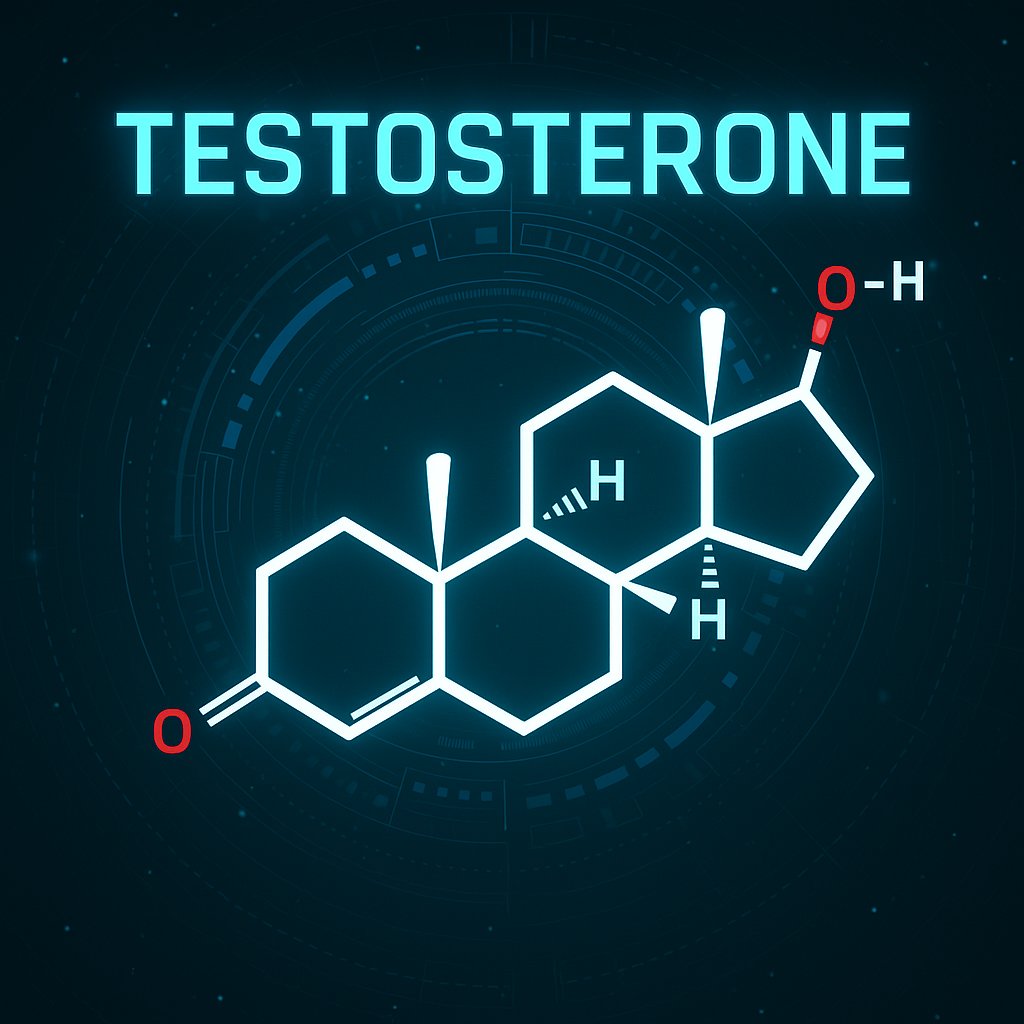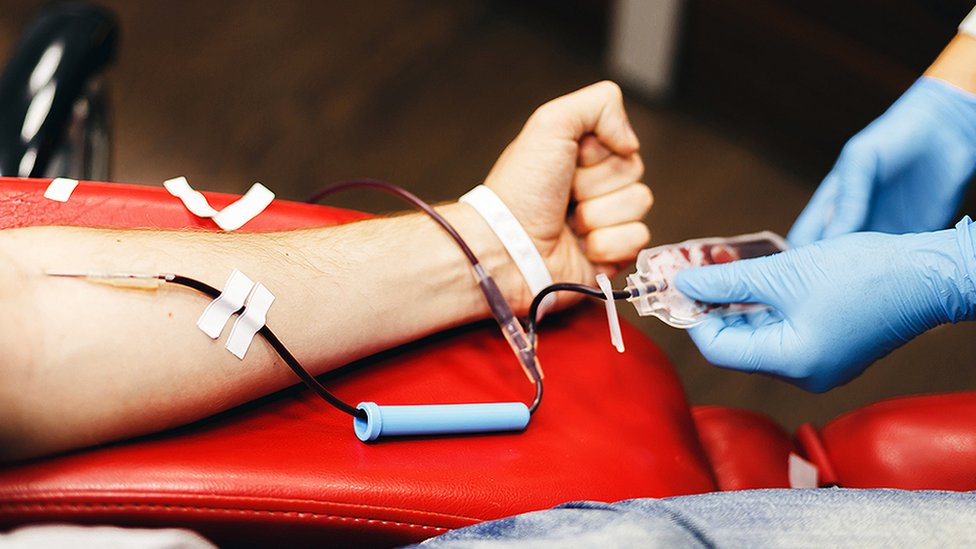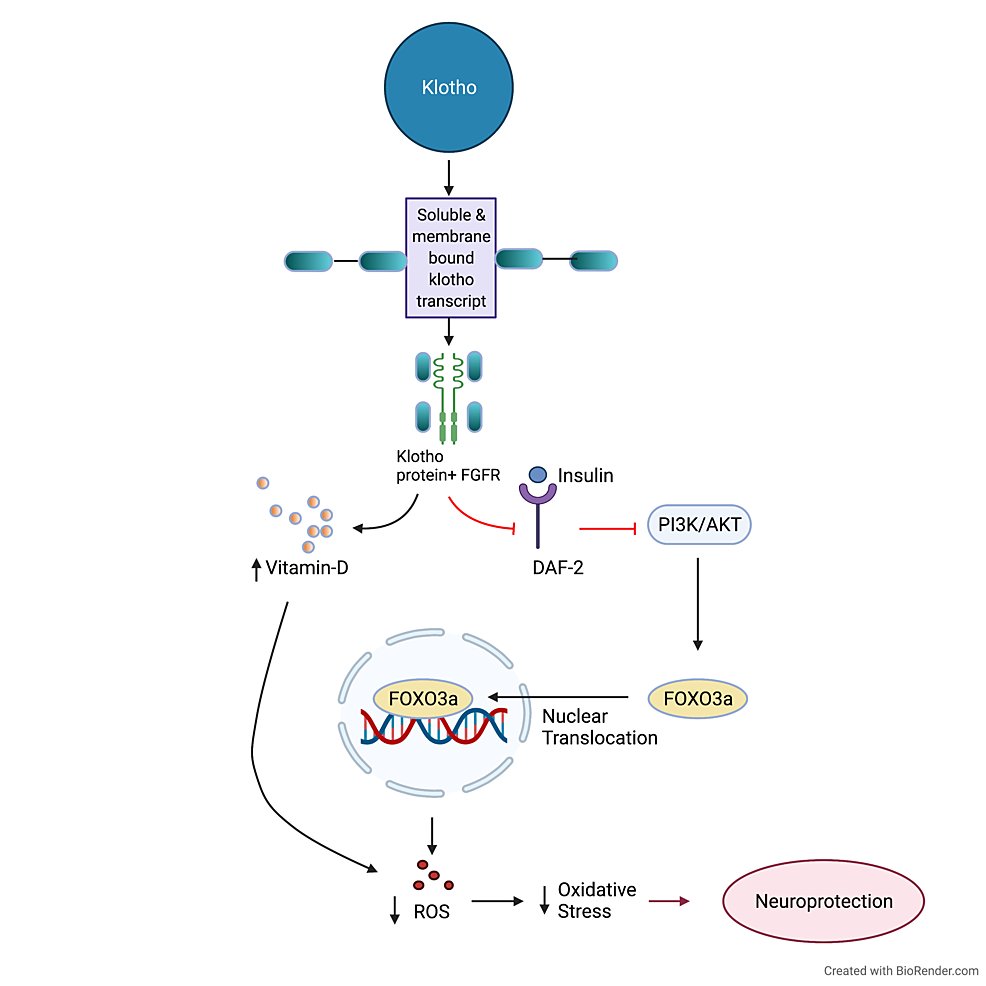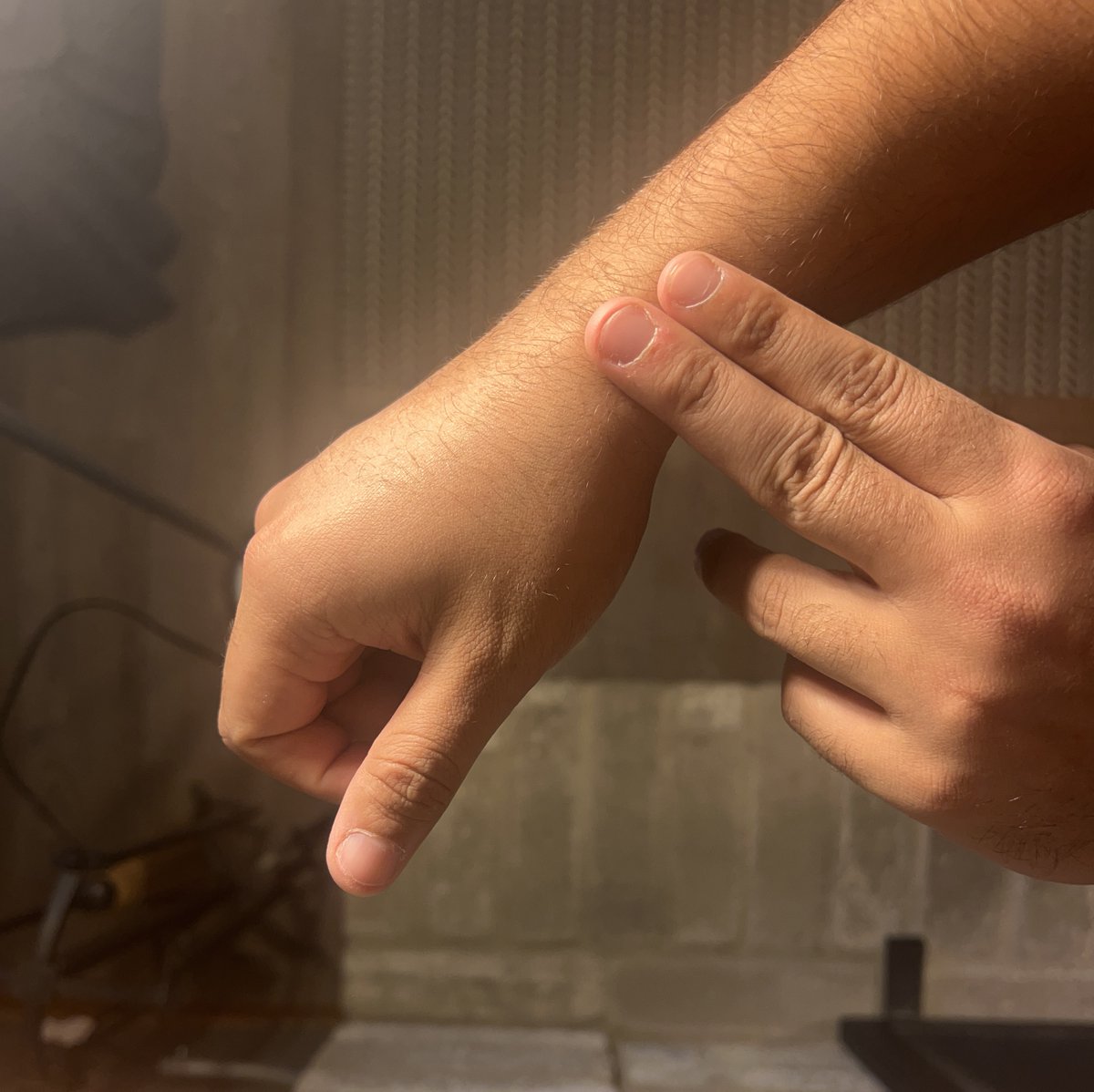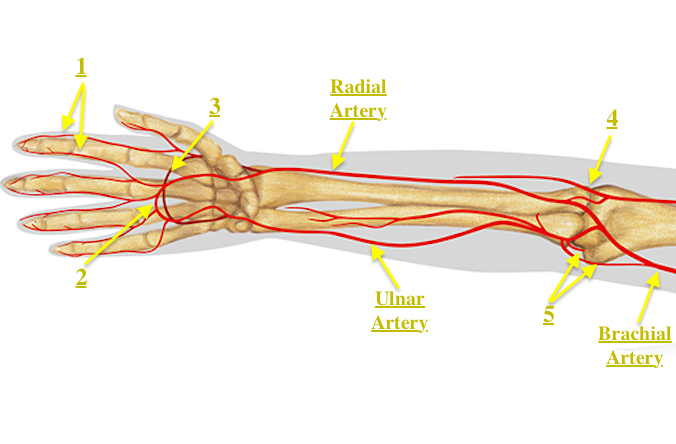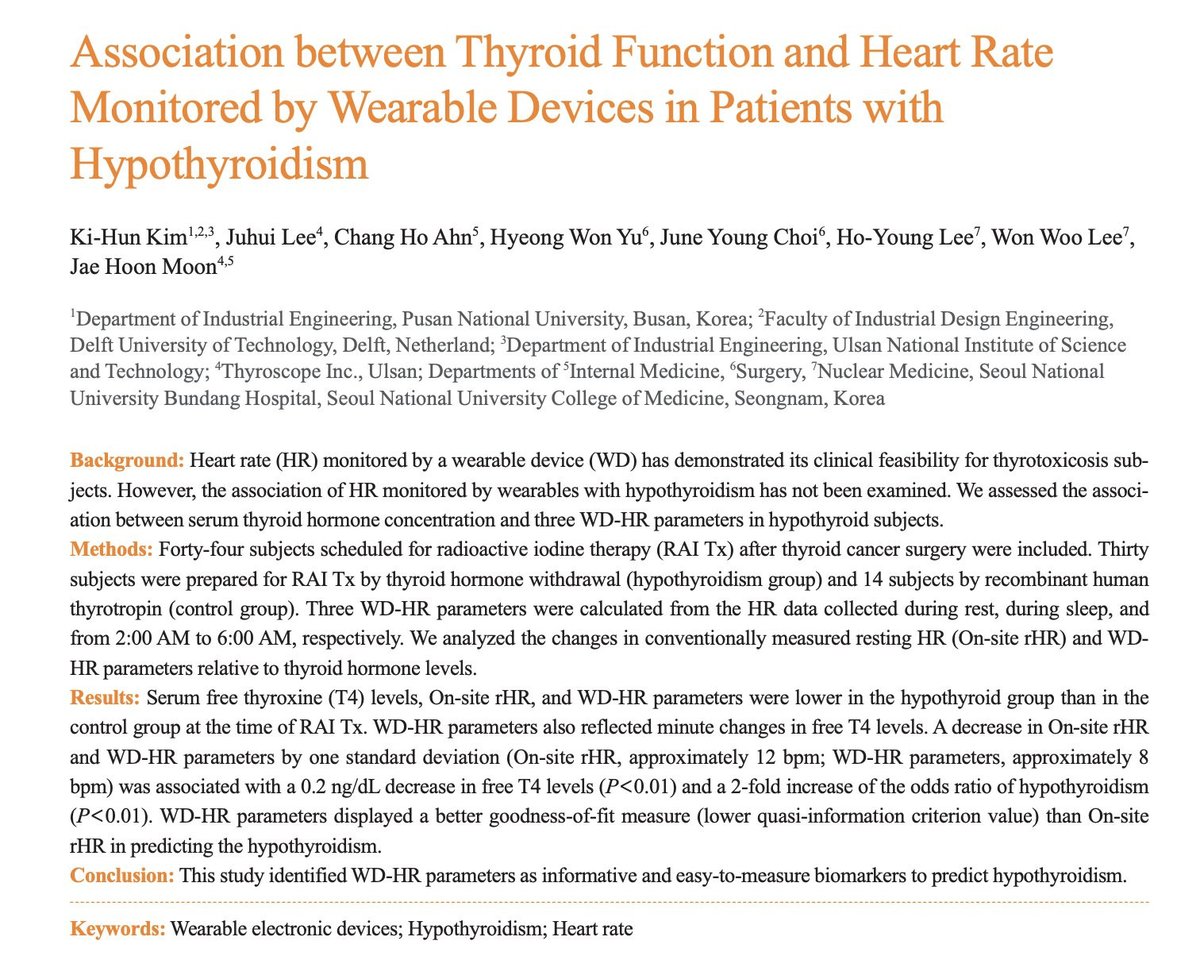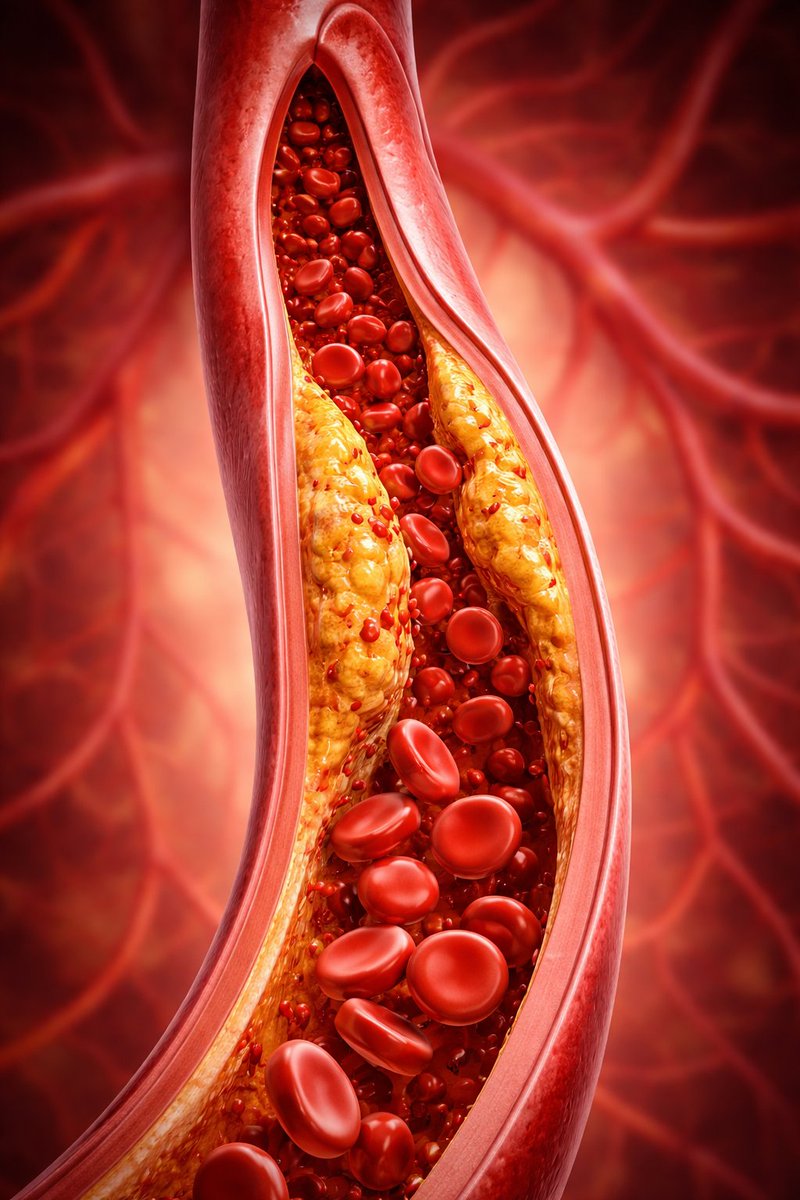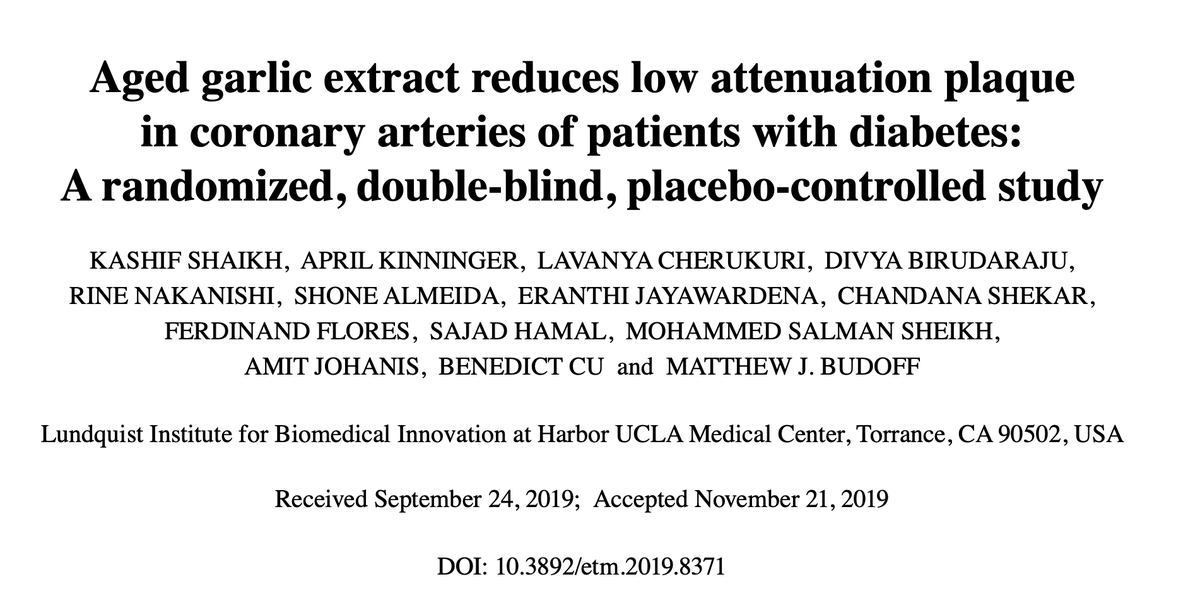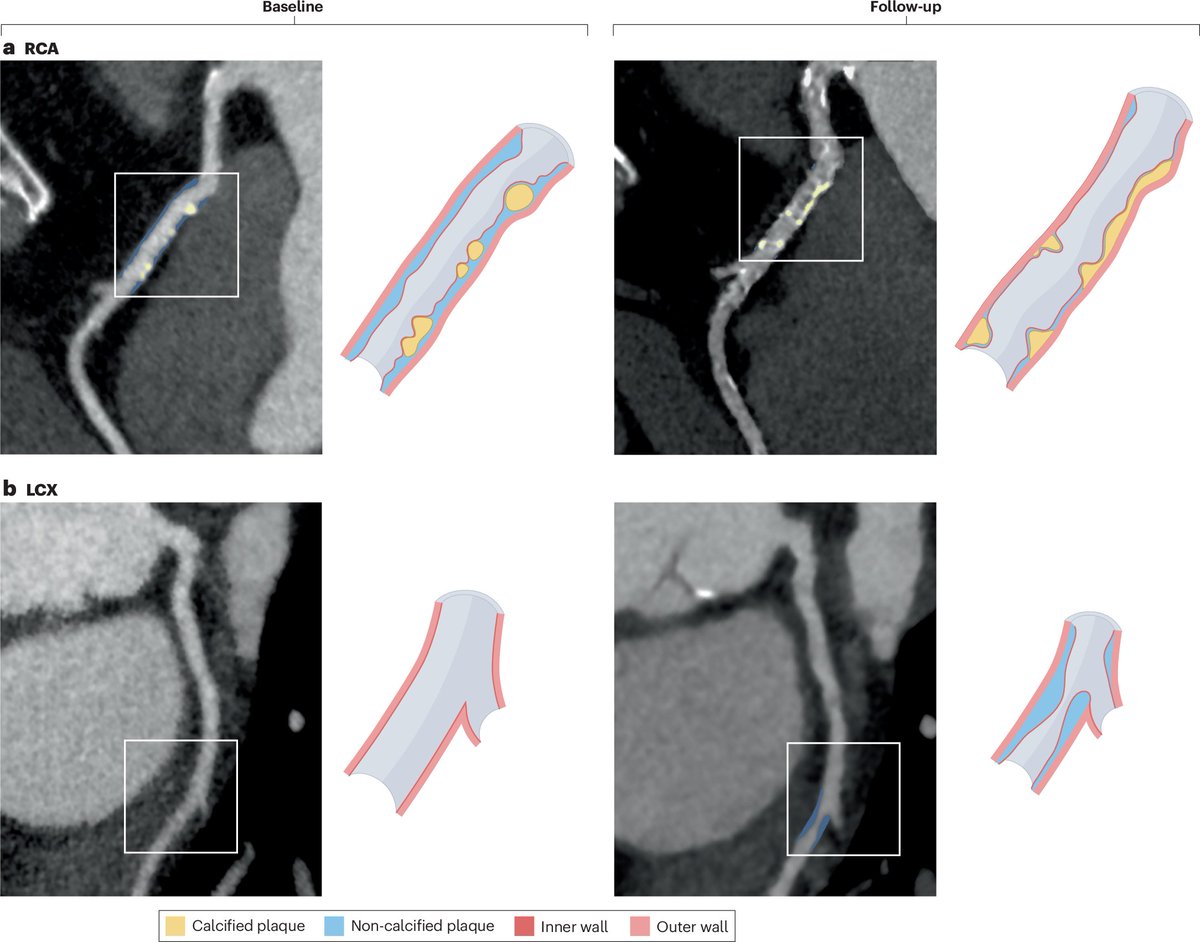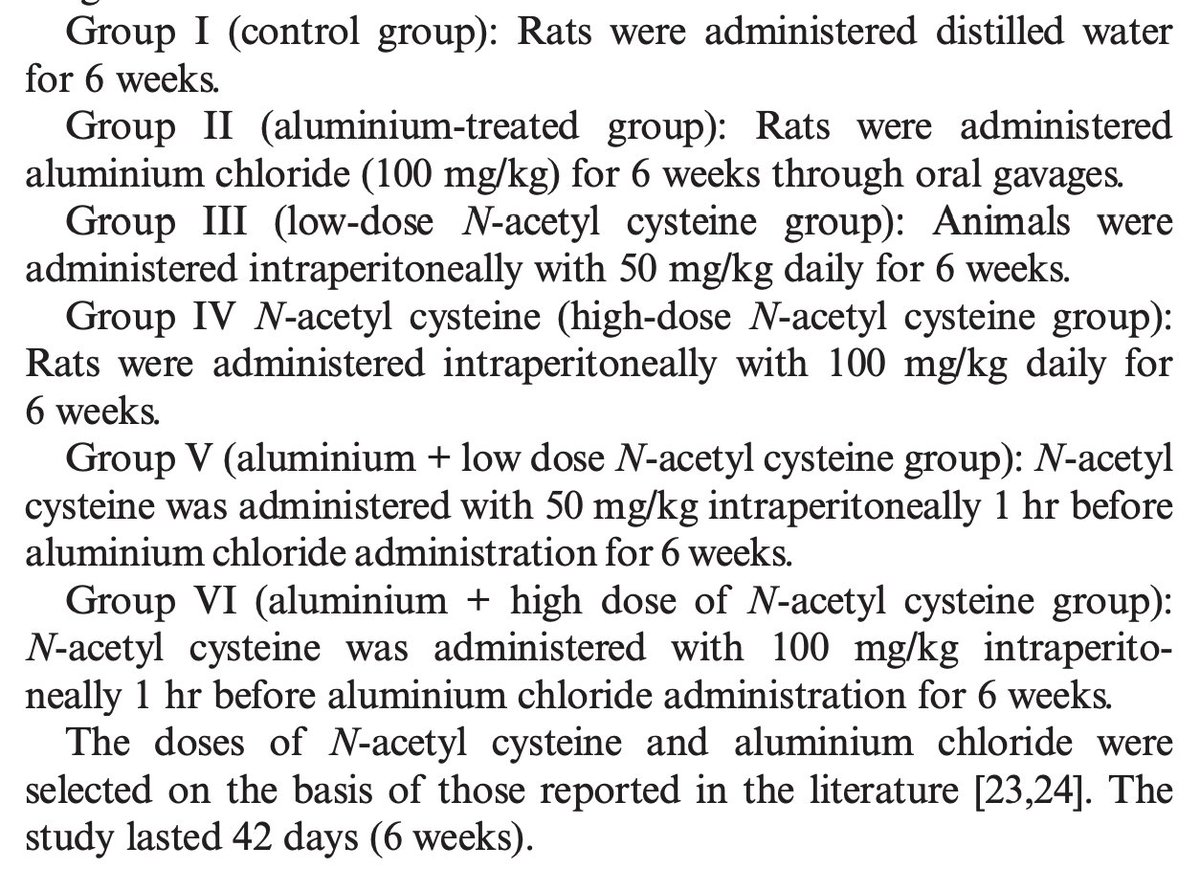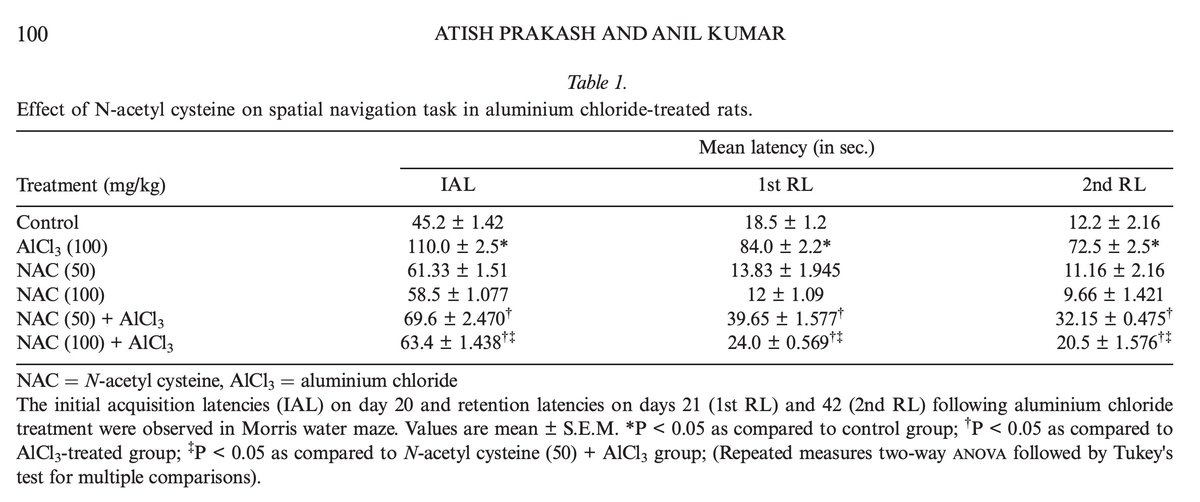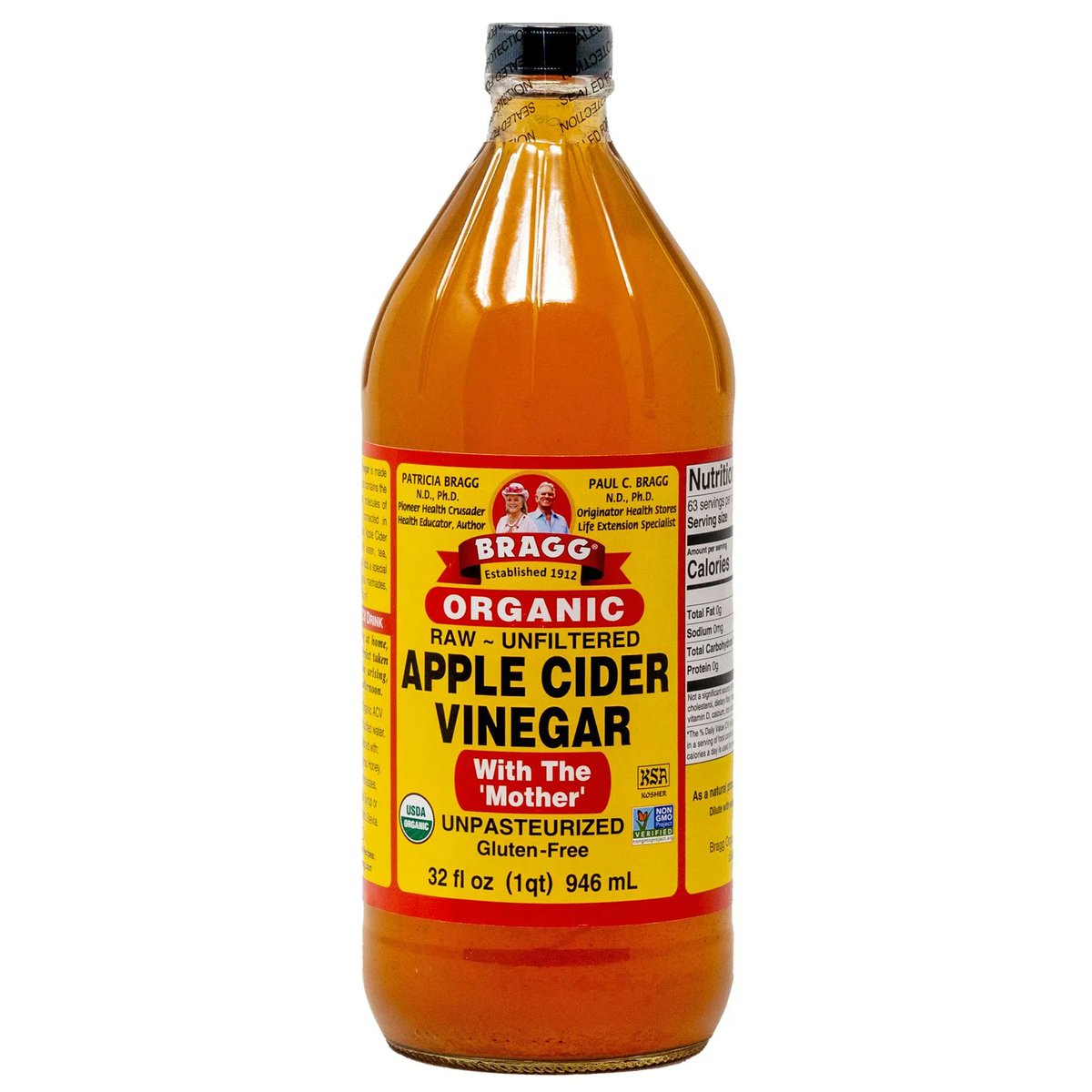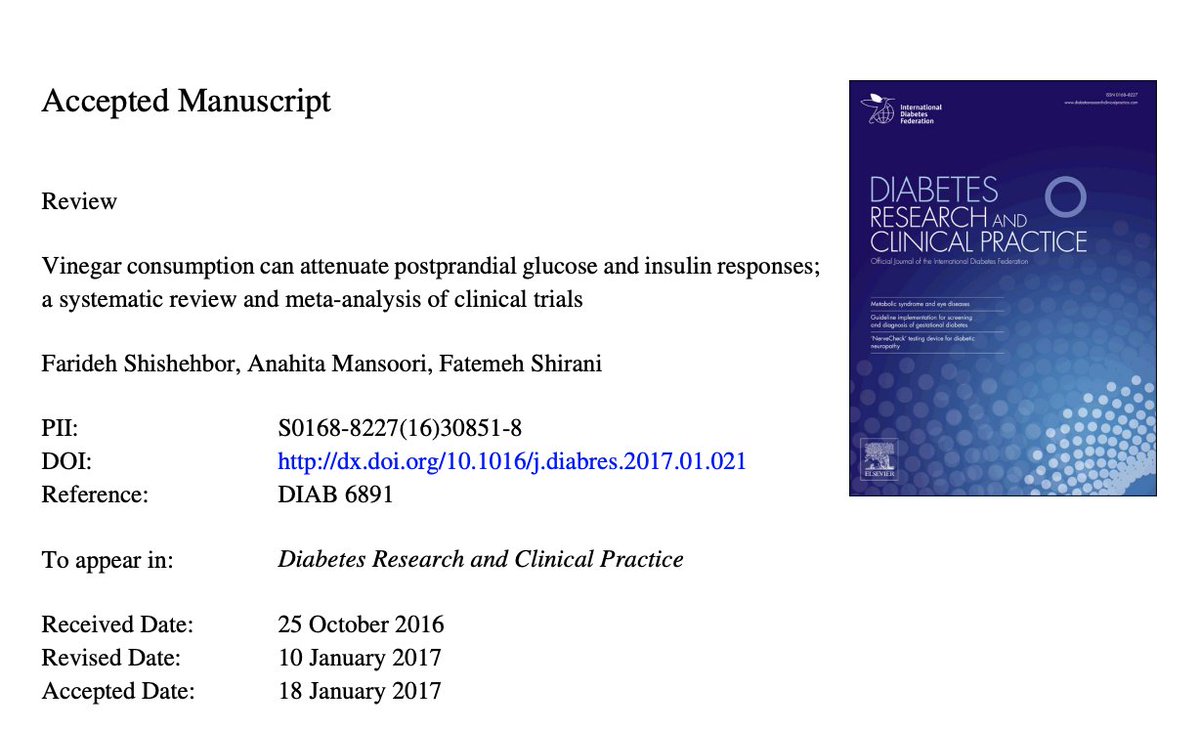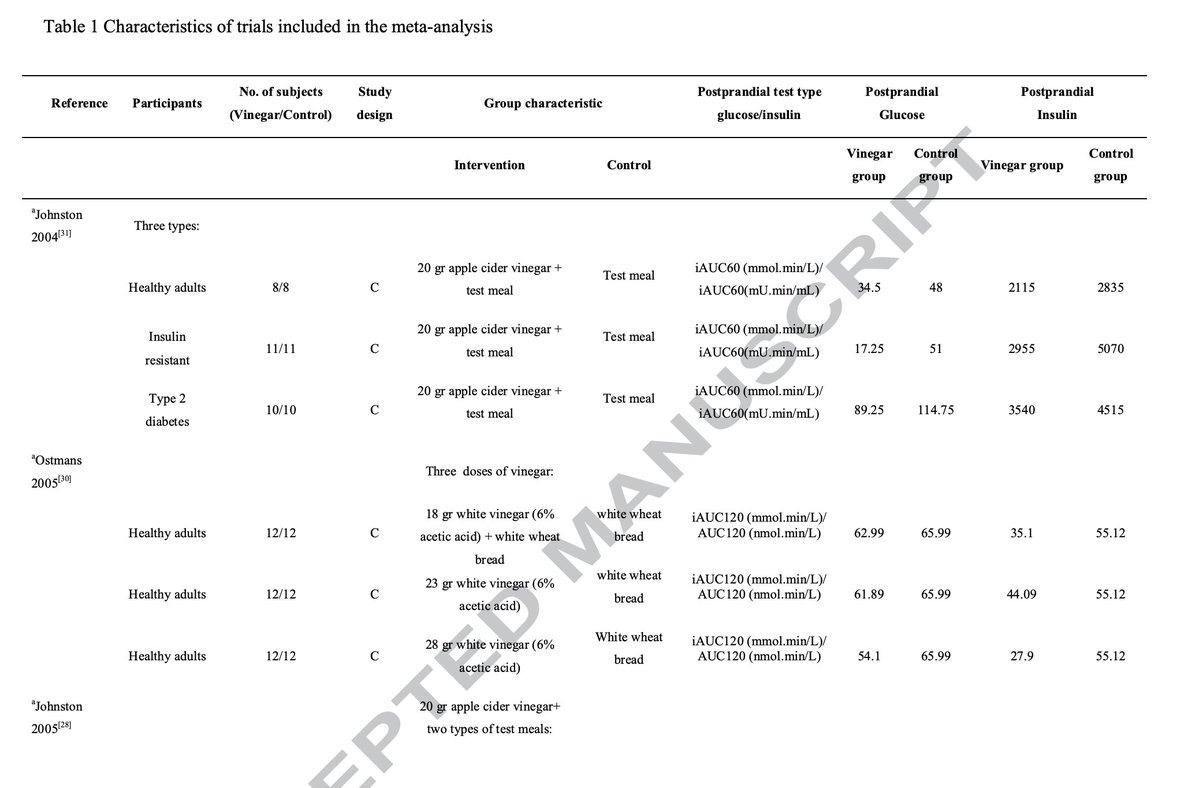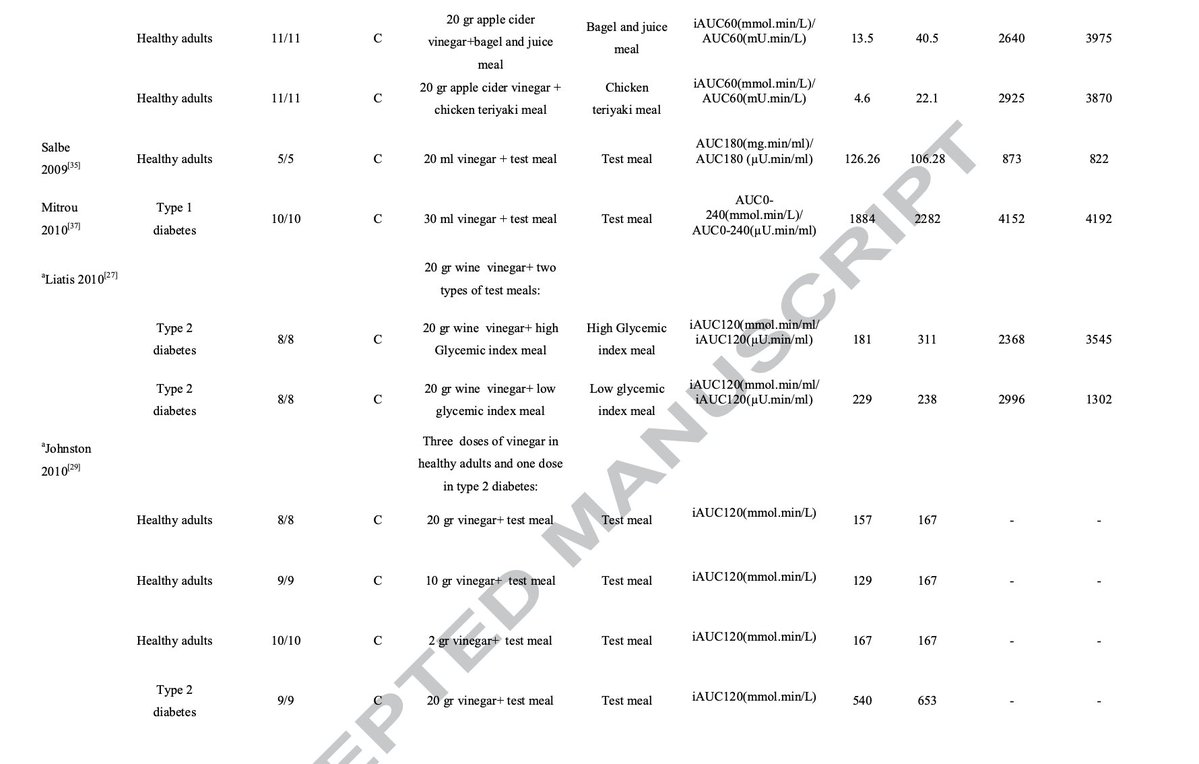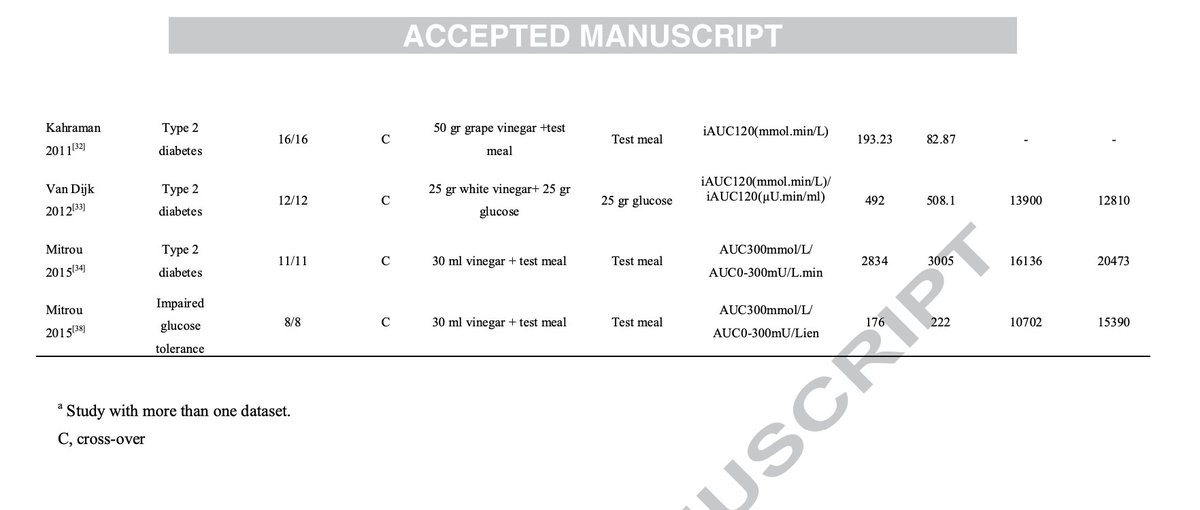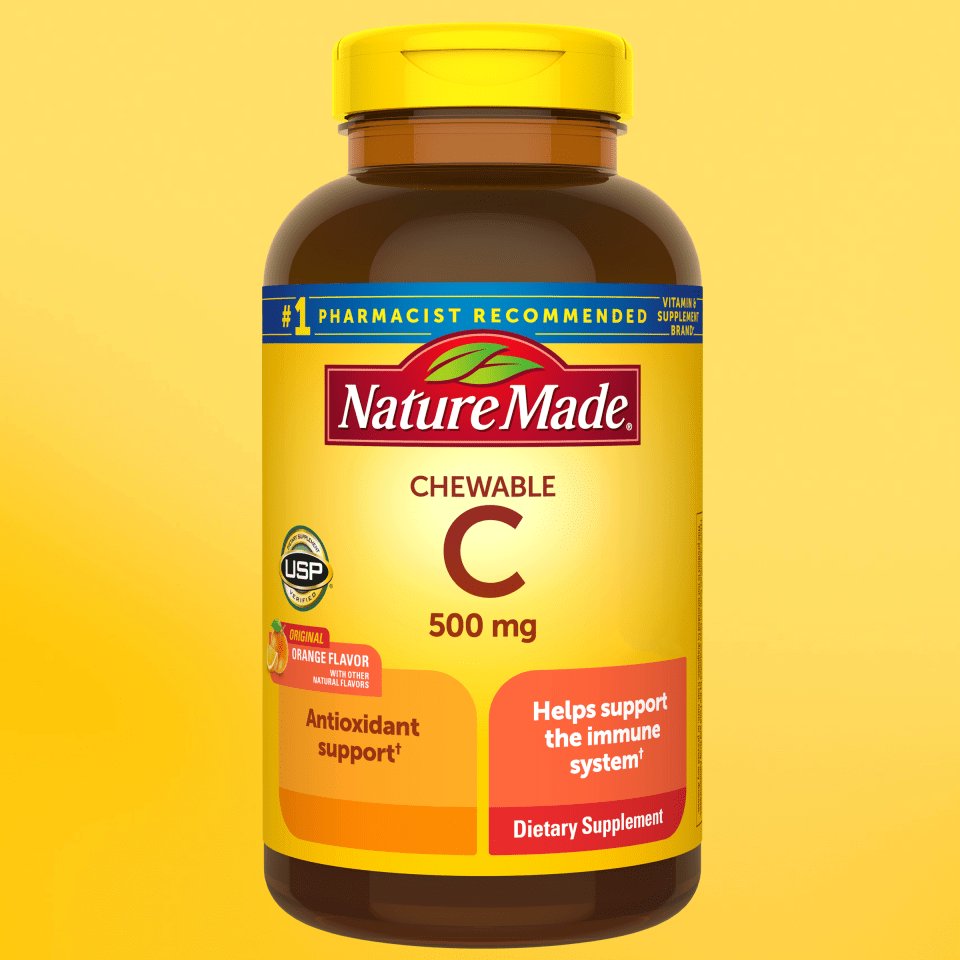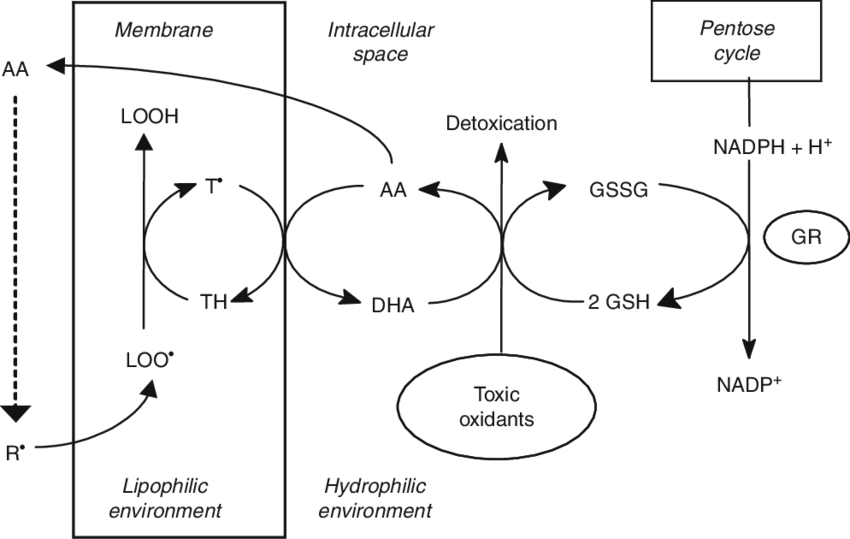#1 The leydig cells (in the testicles) rely heavily on glucose.
Steroids are actually made in the mitochondria.
When LH acts on the leydig cells to produce testosterone - the mitochondria need energy production from glucose (glycolysis) to synthesize testosterone.
(2/9)

Steroids are actually made in the mitochondria.
When LH acts on the leydig cells to produce testosterone - the mitochondria need energy production from glucose (glycolysis) to synthesize testosterone.
(2/9)
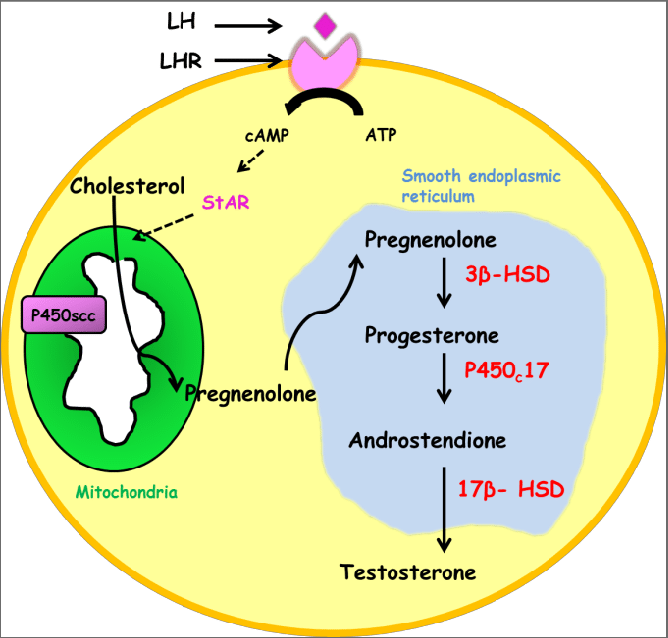
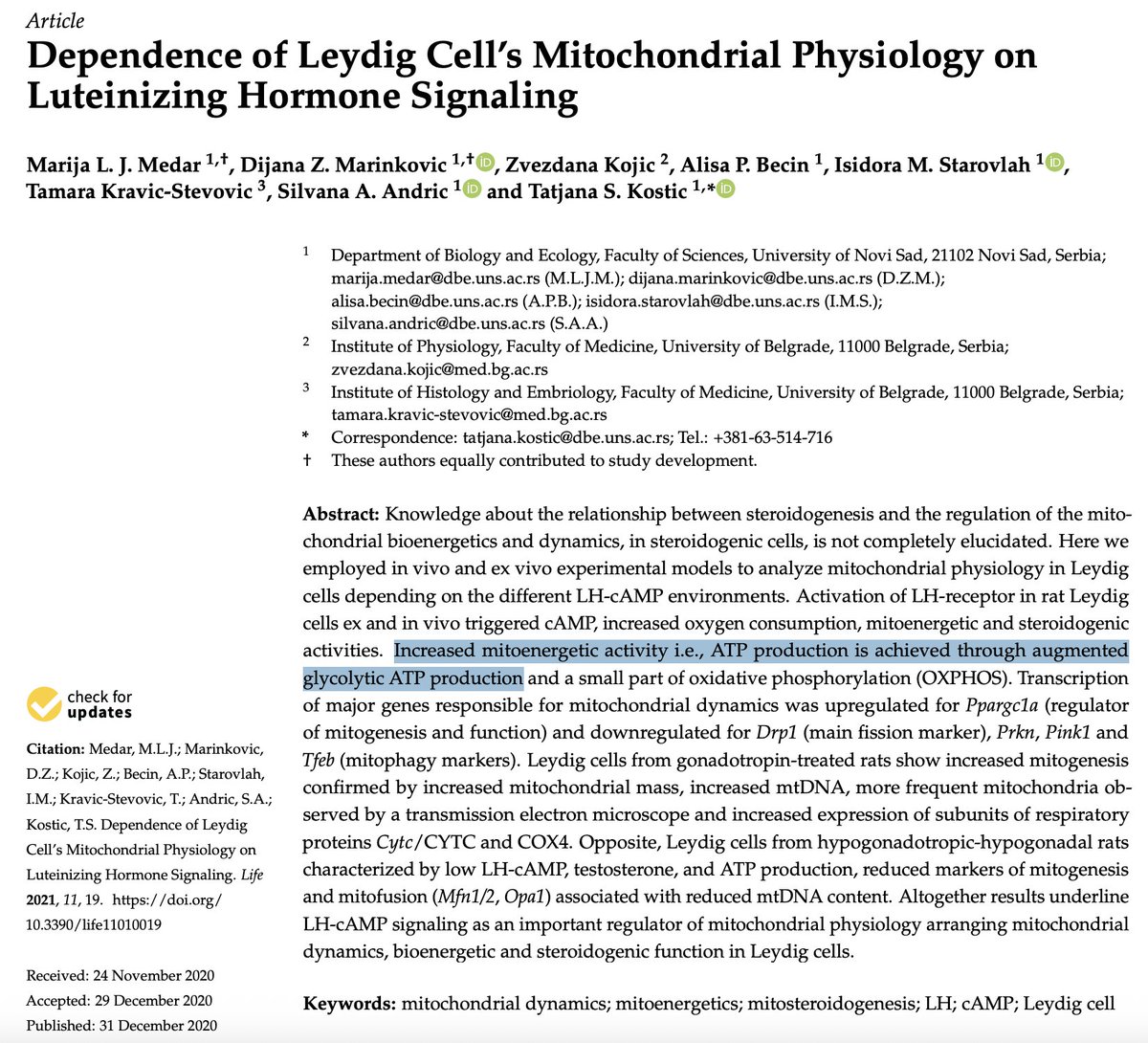
#2 The leydig cells store glucose (glycogen)
Glycogen acts as a reserve fuel for many tissues, including cells in the testicles that produce sperm and testosterone.
Both types of cells need glucose for survival and differentiation, which is why they store it.
(3/9)
Glycogen acts as a reserve fuel for many tissues, including cells in the testicles that produce sperm and testosterone.
Both types of cells need glucose for survival and differentiation, which is why they store it.
(3/9)

#3 The brain needs glucose to stimulate T production.
In the hypothalamus of the brain we have glucose sensitive neurons, which respond to different concentrations of sugar.
Low amounts of glucose shuts down the production of GnRH, which begins the cascade to produce testosterone.
(4/9)

In the hypothalamus of the brain we have glucose sensitive neurons, which respond to different concentrations of sugar.
Low amounts of glucose shuts down the production of GnRH, which begins the cascade to produce testosterone.
(4/9)
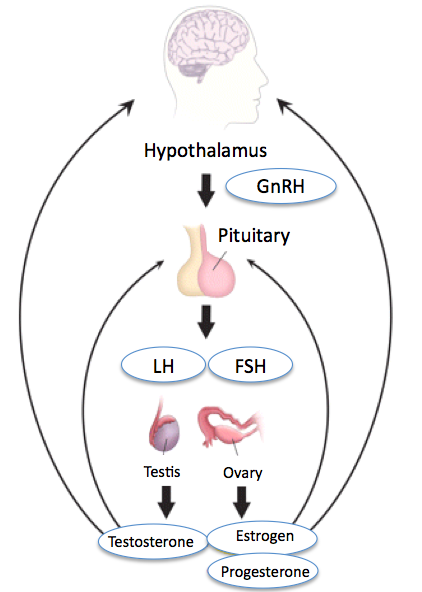
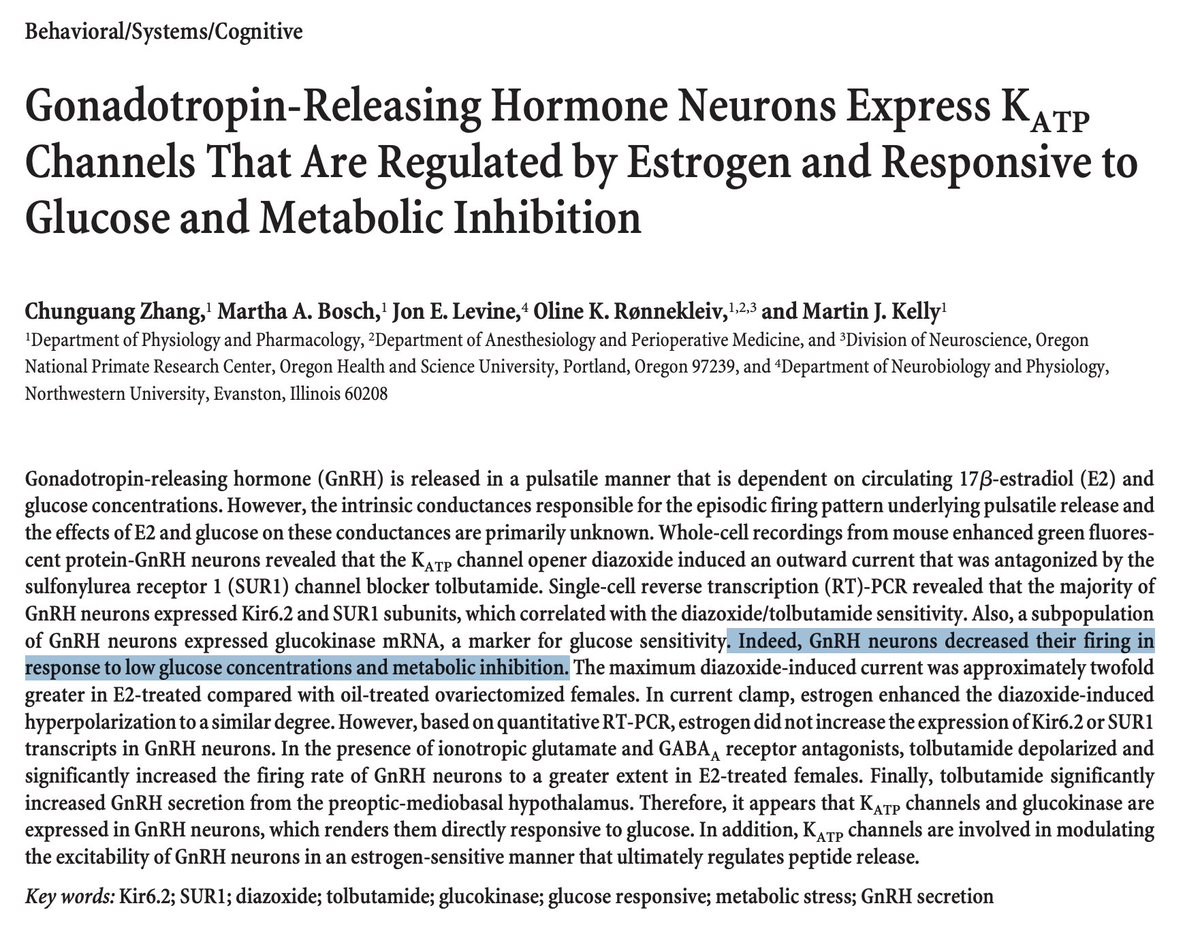
#4 Insulin promotes testosterone secretion
It is known that people who are overweight, insulin resistant, or even type 1 diabetic (non insulin producing) have lower testosterone levels.
Giving men insulin back immediately causes their T to jump back up.
Eating carbs stimulates insulin.
(5/9)
It is known that people who are overweight, insulin resistant, or even type 1 diabetic (non insulin producing) have lower testosterone levels.
Giving men insulin back immediately causes their T to jump back up.
Eating carbs stimulates insulin.
(5/9)
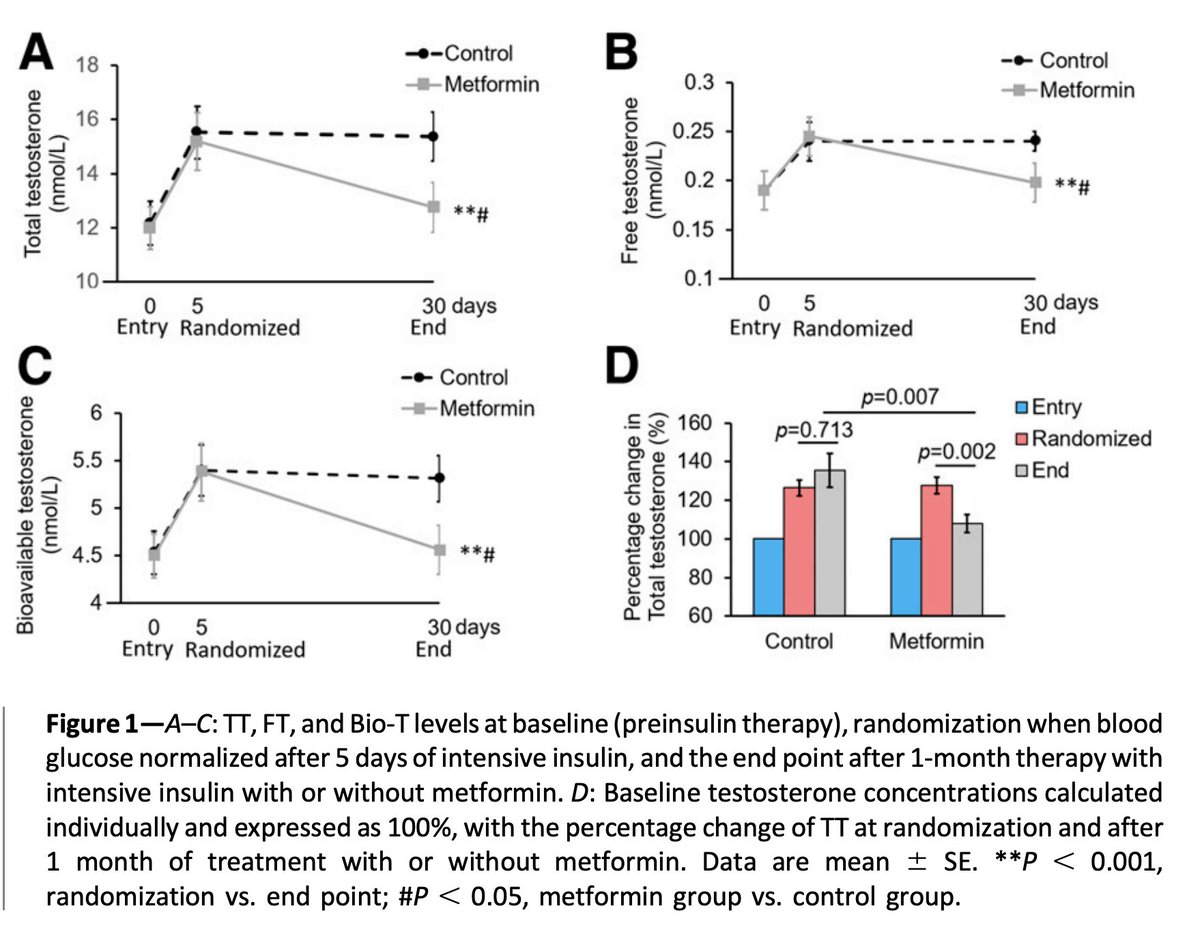
#5 Free fatty acids are toxic to the Leydig cells.
Free fatty acids are released when there is a lack of insulin signaling, since insulin keeps fatty acids in the adipose tissue.
In higher amounts, they can kill the Leydig cells that produce testosterone by inducing ceramide synthesis.
(6/9)

Free fatty acids are released when there is a lack of insulin signaling, since insulin keeps fatty acids in the adipose tissue.
In higher amounts, they can kill the Leydig cells that produce testosterone by inducing ceramide synthesis.
(6/9)
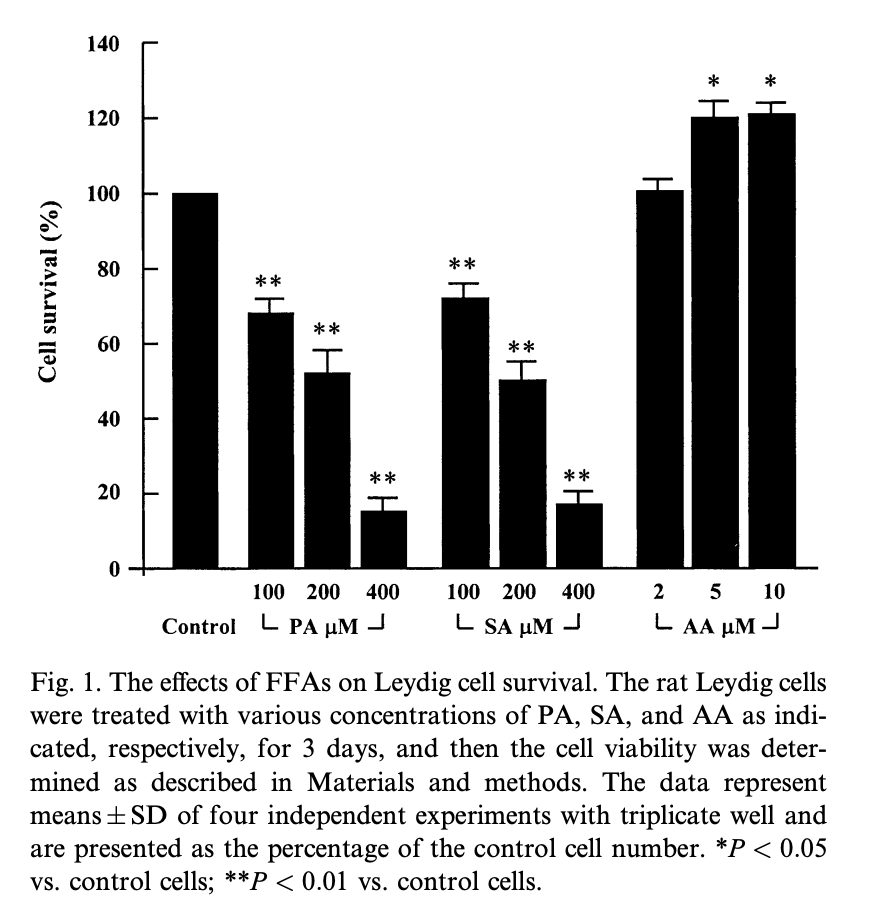
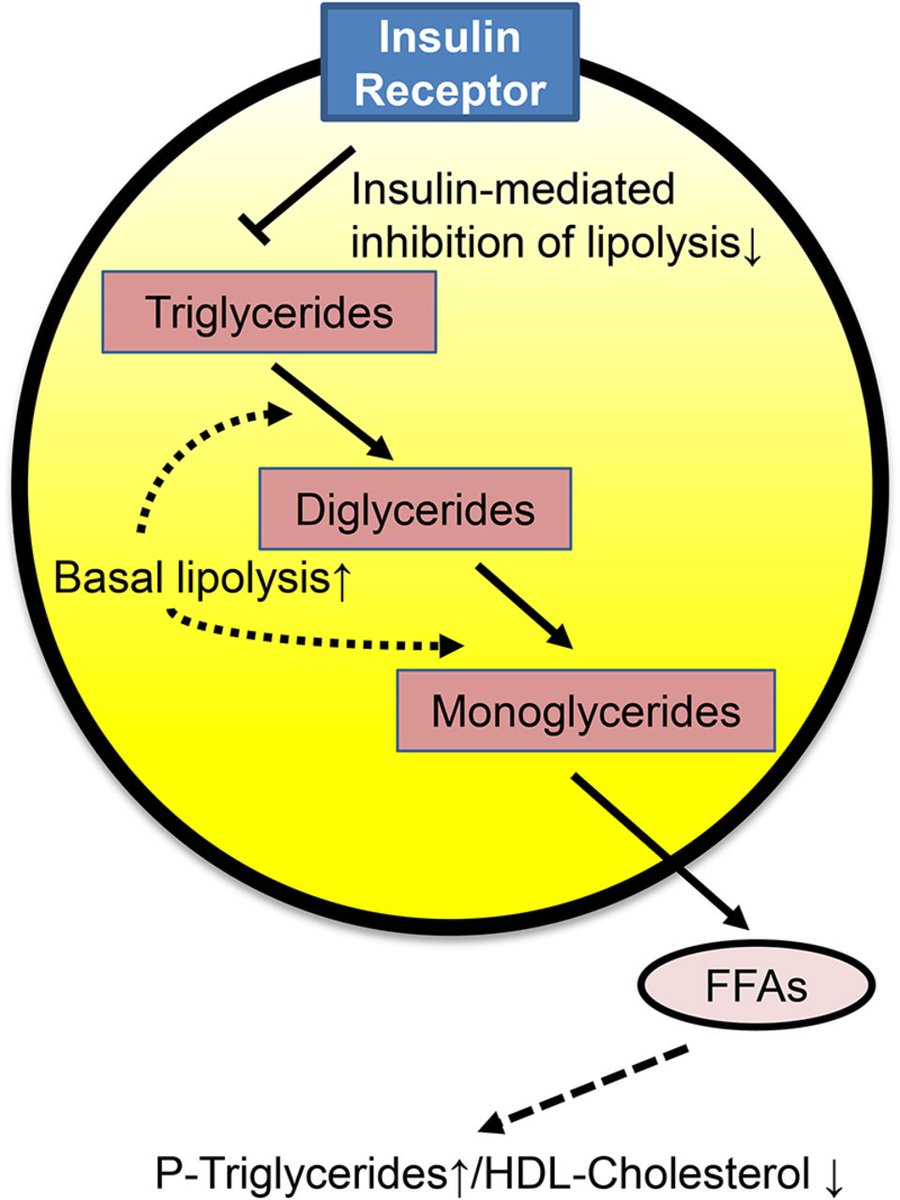
#6 Insulin inhibits SHBG production
Having very high SHBG is very common on lower carb diets, since insulin can restrain its production.
SHBG (sex hormone binding globulin), like the name implies, binds sex hormones like testosterone, making them less available to tissues.
(7/9)

Having very high SHBG is very common on lower carb diets, since insulin can restrain its production.
SHBG (sex hormone binding globulin), like the name implies, binds sex hormones like testosterone, making them less available to tissues.
(7/9)
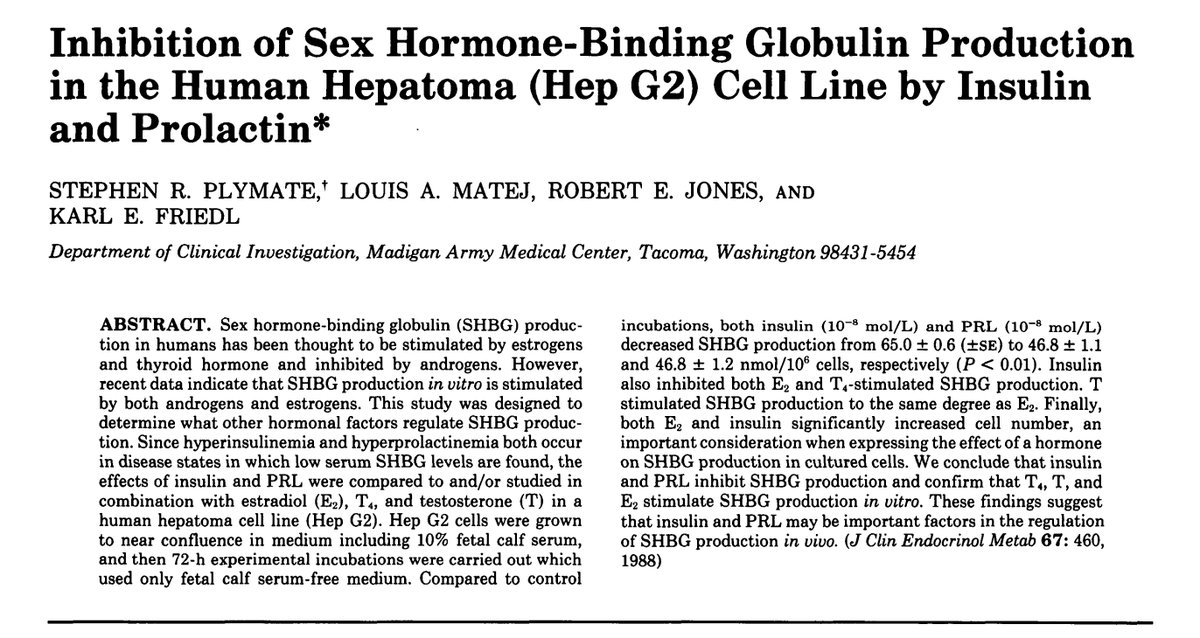
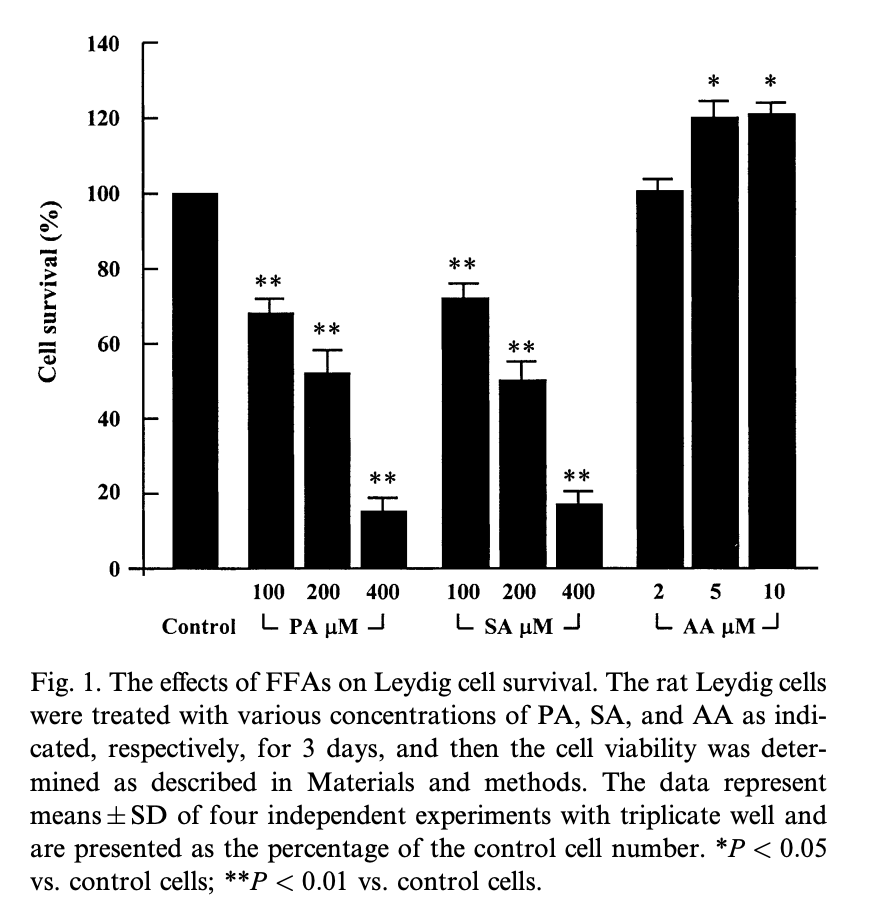
#7 Thyroid supports testosterone
Hypothyroidism causes low testosterone - thyroid supplementation nearly doubles it.
Hypothyroidism impairs:
• Testosterone production
• Sperm motility, quality
likely due to high prolactin - decreasing steroid output in the testes.
Carbs also support thyroid hormone production through a number of different mechanisms.
(8/9)
Hypothyroidism causes low testosterone - thyroid supplementation nearly doubles it.
Hypothyroidism impairs:
• Testosterone production
• Sperm motility, quality
likely due to high prolactin - decreasing steroid output in the testes.
Carbs also support thyroid hormone production through a number of different mechanisms.
(8/9)
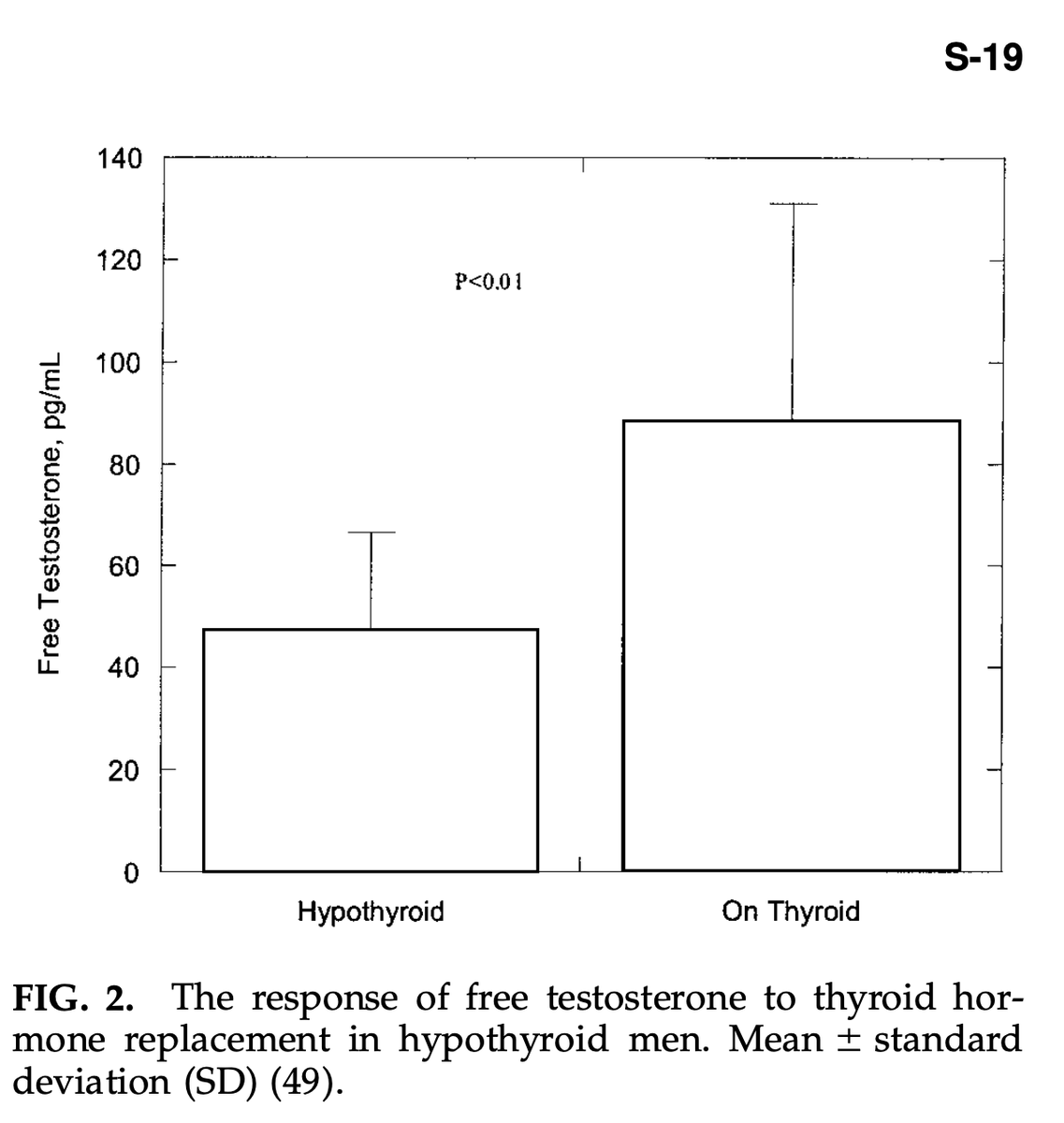
#8 Glucose supports the antioxidant system
Glucose can be metabolized via the pentose phosphate pathway, which forms a molecule called NADPH.
This NADPH helps recycle glutathione, which is the master antioxidant of the cell.
The main killer of male fertility and testosterone production is oxidative stress from poor antioxidant status.
(9/9)
Glucose can be metabolized via the pentose phosphate pathway, which forms a molecule called NADPH.
This NADPH helps recycle glutathione, which is the master antioxidant of the cell.
The main killer of male fertility and testosterone production is oxidative stress from poor antioxidant status.
(9/9)
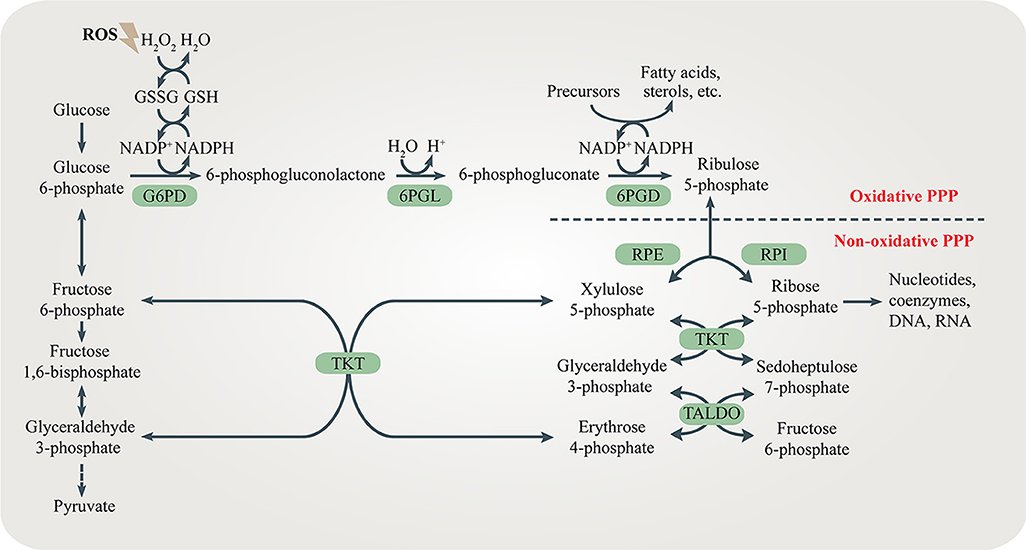
• • •
Missing some Tweet in this thread? You can try to
force a refresh

